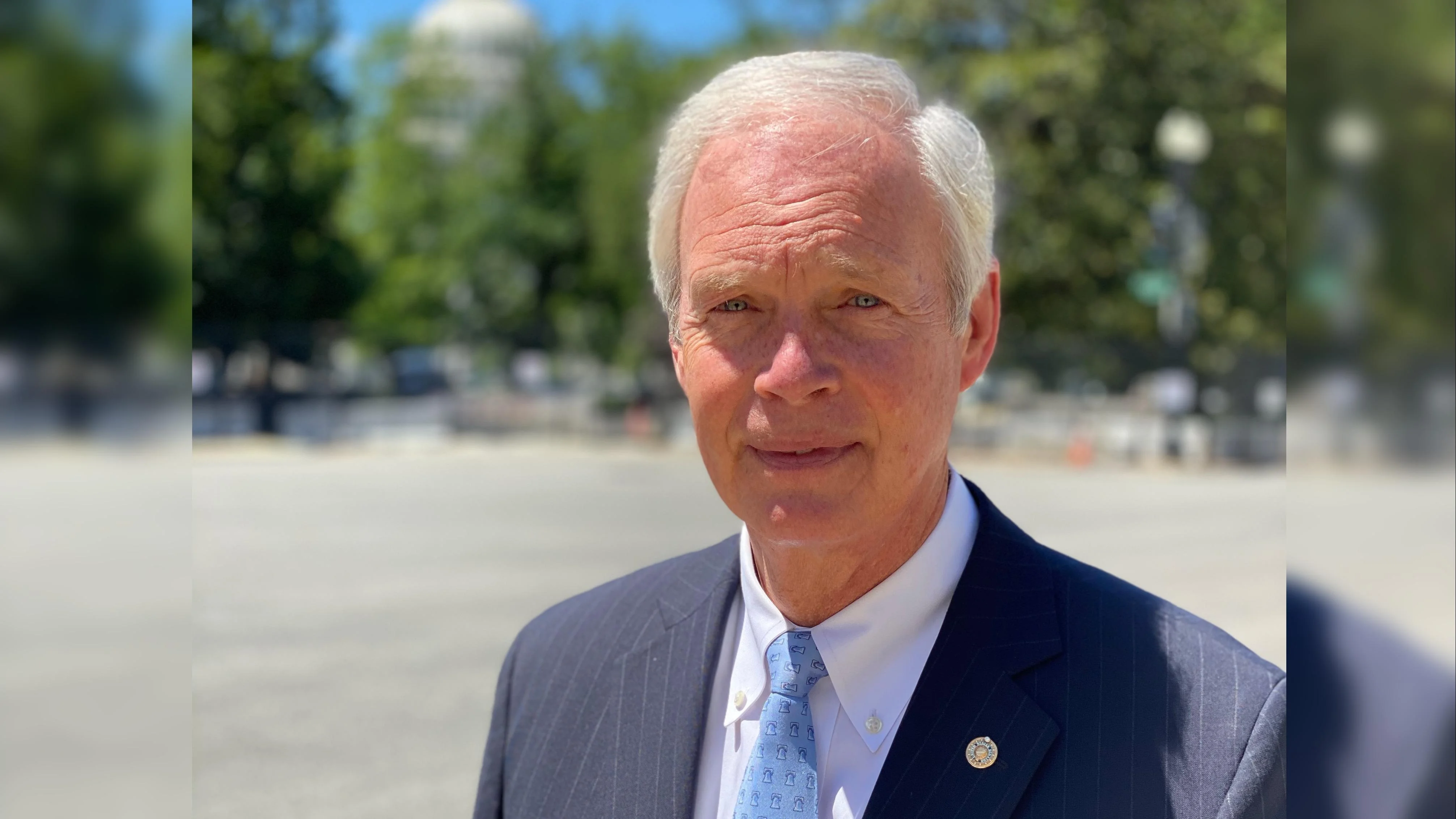U.S. Senator Ron Johnson for Wisconsin | https://www.ronjohnson.senate.gov/
U.S. Senator Ron Johnson for Wisconsin | https://www.ronjohnson.senate.gov/
On Monday, The Washington Reporter published an opinion piece by U.S. Senator Ron Johnson of Wisconsin. In the article, Johnson discusses what he sees as the influence of corporate interests on government agencies, media, medical journals, and the healthcare system in America.
Johnson references a public event he hosted on January 24, 2022, titled "Covid-19: A Second Opinion." He claims that the pandemic was used to instill fear and control globally, leading to significant economic losses but also large profits and power for some.
He mentions another event held on September 23rd in the same location called "American Health and Nutrition, A Second Opinion." The purpose was to address unasked questions about public sanitation, agriculture, food processing, and healthcare over the past century.
Johnson notes that despite $4.5 trillion spent on healthcare in 2022—more than $13,000 per person—the state of American health is poor. He lists chronic illnesses affecting Americans such as obesity, diabetes, coronary heart disease, cancer, and others. Calley Means highlights increasing disease rates alongside rising drug prescriptions.
Dr. Chris Palmer suggests that there is resistance to uncovering root causes of these health issues due to vested interests profiting from chronic illness. He argues that those challenging mainstream views or proposing alternative treatments face backlash.
Panelists at Johnson's event discussed dietary changes over time. They highlighted how whole foods have been replaced by processed alternatives with synthetic additives impacting health negatively. Comparisons were made between food ingredient approvals in America versus Europe.
Robert F. Kennedy Jr., who spoke at the event, linked environmental advocacy with children's health concerns and has previously used legal action against corporations. He may focus on regulatory agency influences in the future.
Johnson concludes by emphasizing a need for examining dietary changes over time and using common sense to improve individual health and societal well-being. He expresses hope for market-driven responses towards healthier options as demand grows.






 Alerts Sign-up
Alerts Sign-up